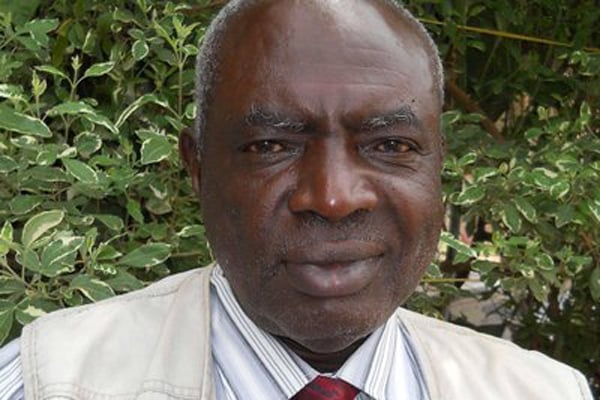Prime
Kenya reverses its GMO stand

Michael J Ssali
What you need to know:
- A group of activists known as Kenya Peasants League, claiming to represent small-scale farmers, sued the government with a view to ban GMOs in the country.
On November 28, 2022 the East African published the story about a lawsuit filed against the government of Kenya seeking a ban on its recent approval to import, produce, and distribute GMO products in the country.
In order to boost the country’s food security and industrial development the Kenyan government had approved the importation, production, and distribution of GMO crops with guidance from the Kenya Agricultural & Livestock Research Organisation (KALRO) and the National Biosafety Authority (NBA) in Nairobi.
A group of activists known as Kenya Peasants League, claiming to represent small-scale farmers, sued the government with a view to ban GMOs in the country.
It claims GMOs pose a big health risk to consumers and to the environment, besides denying farmers the freedom to plant home saved seeds.
The group also alleges that the government did not carry out widespread consultation of the peasants before taking the decision as the country’s constitution dictates. Another lawsuit aimed at stopping the approval of GMOs in Kenya was filed by one Paul Mwangi who accused the government of acting opaquely and hurriedly about a decision that according to him would result in the violation of the rights of smallholder farmers and consumers.
Now, the High Court in Kenya has temporarily suspended the government’s plan to allow importation and distribution of GMOs pending determination of the lawsuits.
What is happening in Kenya right now is almost similar to what Uganda experienced in 2017 when parliament passed the Biotechnology and Biosafety Bill and the country looked set to embrace GMO technology. To date Uganda continues to miss out on opportunities that would reduce the challenges and constraints crippling agricultural production, just because some of our leaders apparently do not believe in science.
The paradox is that Kenya and Uganda have state of the art biotechnology research institutions that have produced solutions to many of our agricultural problems but we are stuck with food insecurity, malnutrition, crop diseases, and drought challenges because we do not trust science research findings. Yet, according to African Agricultural Technology Foundation (AATF), better access to agricultural technologies will enable African farmers to boost productivity.
African farmers deserve access to the same technologies available to farmers elsewhere in the world in order to feed a rapidly growing population.
Mr Michael Ssali is a veteran journalist,




